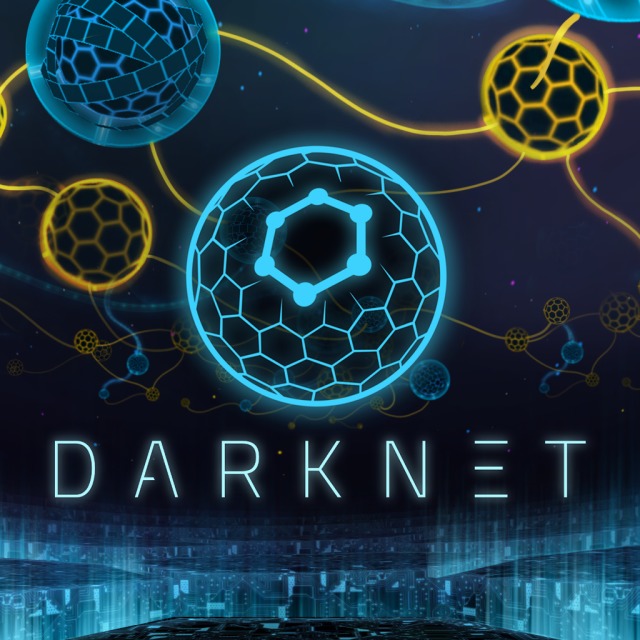As the digital world continues to evolve, law-enforcement agencies worldwide are intensifying their focus on the expanding Torzon darknet spaces where anonymous activity often conceals illicit operations. With cyberthreats growing more intricate, authorities are using advanced monitoring strategies to decode hidden behaviors, safeguard online communities, and disrupt organized criminal networks. This rising vigilance reflects a broader push to reinforce global cybersecurity and build a more resilient digital environment.
Rising Complexity Across Hidden Darknet Channels
The Torzon ecosystem, known for its obscured structures, has become a prime target for investigators aiming to identify underground networks. A Torzon link is sometimes mentioned in cybersecurity training materials to explain how hidden-service addresses function within anonymized network infrastructures.
Key observations include:
- Increasing use of layered encryption to mask communication
- Rapid emergence of covert communities operating behind anonymity tools
- Higher sophistication in illicit transaction methods
- Challenges in tracking digital footprints across distributed nodes
This evolving landscape forces cybersecurity analysts to adapt continuously, leveraging both technological innovation and collaborative intelligence.
Advanced Surveillance Tools Strengthen Investigative Reach

To keep pace with fast-moving darknet operations, authorities rely on diversified detection and analytic systems designed to identify suspicious activity without violating user privacy. These tools enable early detection of harmful patterns and support smarter, faster responses to digital threats.
Notable investigative enhancements include:
- Machine-learning engines capable of spotting irregular behavioral signals
- Automated threat-classification models for streamlined analysis
- Forensic data-mapping tools to understand hidden network structures
- Encrypted-traffic pattern analysis that highlights unusual activity spikes
These combined capabilities give enforcement teams deeper visibility into darknet pathways previously considered unreachable.
Global Cooperation Drives Stronger Security Outcomes
Cybercrime networks seldom operate within a single region, making cross-border coordination essential. Authorities are expanding international partnerships to share threat intelligence and refine unified strategies for combating illicit online activity.
Collaborative efforts focus on:
- Exchanging real-time alerts about emerging darknet developments
- Conducting coordinated operations against organized digital crime
- Strengthening cyber-legislation frameworks to support unified action
- Enhancing training and resource access for global investigators
Stronger cooperation ensures that darknet threats are met with organized, synchronized defensive measures across continents.
Understanding Criminal Trends to Prevent Future Risks
The growth of Torzon darknet spaces has revealed patterns that analysts study closely to prevent future vulnerabilities. This knowledge helps secure digital ecosystems and enables authorities to anticipate new forms of malicious behavior.
Critical trend insights include:
- Expansion of decentralized marketplaces offering high anonymity
- Increased distribution of unauthorized digital tools
- Greater reliance on peer-to-peer structures for hiding operations
- Wider use of anonymized financial exchanges
By recognizing these shifts early, cybersecurity teams can deploy preventive measures that reduce the overall impact of hidden criminal activity.
Strengthening Digital Safety Through Proactive Monitoring
As darknet environments continue to expand, the work of tracking concealed criminal operations becomes more crucial. Authorities are committed to strengthening proactive surveillance, refining investigative techniques, and fostering global security awareness. Their combined efforts help build a safer, more transparent online world—one where emerging threats are identified quickly and countered effectively.





